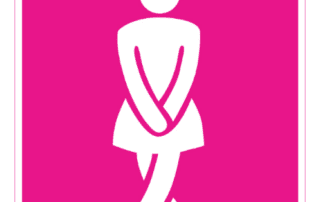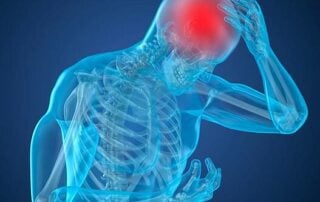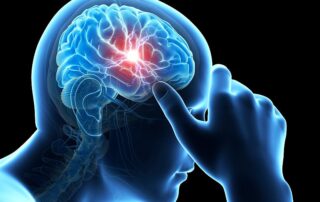
As a physical therapist, I’ve seen countless patients come to me with injuries and health issues that could have been prevented with proper self-care. In today’s fast-paced world, it’s easy to neglect ourselves and put our health on the back burner in favor of work, family, and other commitments. Self-care means prioritizing physical and mental health. Knowing what is best for you and following through with those plans, whether that means eating a healthier diet or dissolving a friendship that feels toxic. It is important to surround yourself with positive influences that will encourage you to do better and be better. In this blog post, I want to spotlight the importance of self-care for our physical and mental health and the role it plays in injury prevention, rehabilitation, and overall well-being.
- Self-care Prevents Injury: Our bodies work tirelessly to support us in our everyday activities. Ignoring signs of fatigue, stress, and discomfort can lead to painful and sometimes permanent injuries. Taking the time to stretch, hydrate, and rest can prevent muscle strains, tears, and even bone fractures. Self-care helps us to strengthen our bodies and make them more resilient to the demands of daily life.
- Self-Care Helps Speed Up Rehabilitation: If you’re currently undergoing physical therapy, implementing self-care practices into your daily routine can significantly speed up the rehabilitation process. Proper nutrition, hydration, and movement can help aid recovery and reduce inflammation, allowing your body to heal faster. Self-care practices can also help to reduce stress, which has been linked to inflammation and slower healing times.
- Self-Care Improves Overall Health: Self-care isn’t just about injury prevention or rehabilitation; it’s also about overall health and wellness. Eating a balanced diet, exercising, and getting enough sleep can help to improve cardiovascular health, reduce the risk of chronic diseases like diabetes, and boost our immune systems. When we take care of our bodies, we’re investing in a better quality of life both now and in the future.
- Self-Care Boosts Mental Health: Physical health is just one aspect of self-care. Our mental health is just as important as our physical health. Taking time to unwind and destress is crucial to our overall well-being. Engaging in self-care practices like meditation, mindfulness, and adequate rest can help to reduce stress and anxiety, allowing us to feel more relaxed and grounded.
- Self-Care Promotes Good Habits: Practicing self-care can also help to promote good habits in other areas of our lives. When we prioritize our health and well-being, we’re more likely to make choices that support it. We may choose healthier food options, opt to go for a walk instead of watching TV, or prioritize sleep and rest over other distractions. Self-care is the foundation on which good habits are built.
So next time you’re tempted to push through the fatigue or skip the workout, remember the long-term benefits of self-care and invest in yourself. Your body (and mind) will thank you for it.
Keep Reading…
4 Quick Tips for Avoiding Hand Injuries
We live in a technology driven word, giving our hands, wrists and fingers more of a workout than we realize. A physical therapist can help prevent these types of overuse injuries.
Incontinence – Not the New Normal
With female incontinence being brought to the forefront by companies whose sole purpose is to make money on their products - it’s no surprise we’re being fed a lie about it being a “normal” transition of life.
Spinal Stenosis and Lower Back Pain
Spinal Stenosis is one of the most common conditions that causes lower back pain and lower extremity (leg) pain in older adults.
Physical Therapy After a Concussion
This is a question that I get a lot from patients and physicians, and surprisingly there is actually a lot that a physical therapist trained to treat concussions can do to help!
What is a concussion?
A concussion is classified as a mild traumatic brain injury; however, just because it is classified as “mild” doesn’t mean that its effects are not serious.
Exercise following C-Section: How to safely return to your routine
Although c-sections are becoming fairly common in the United States, approximately 30%, that does not mean they should be considered a “small surgery.”







